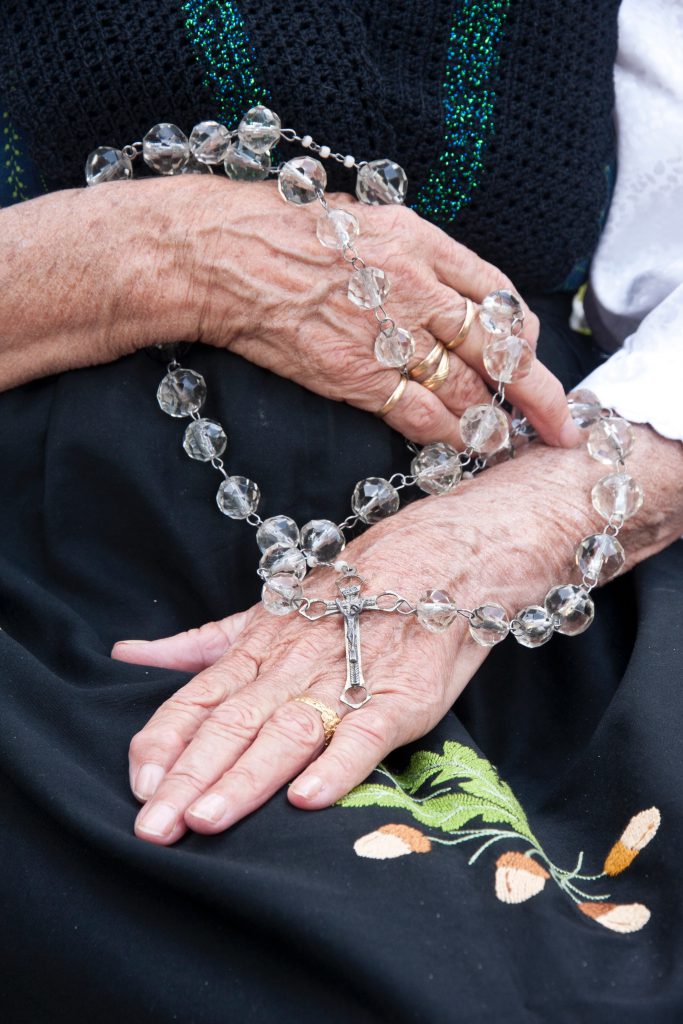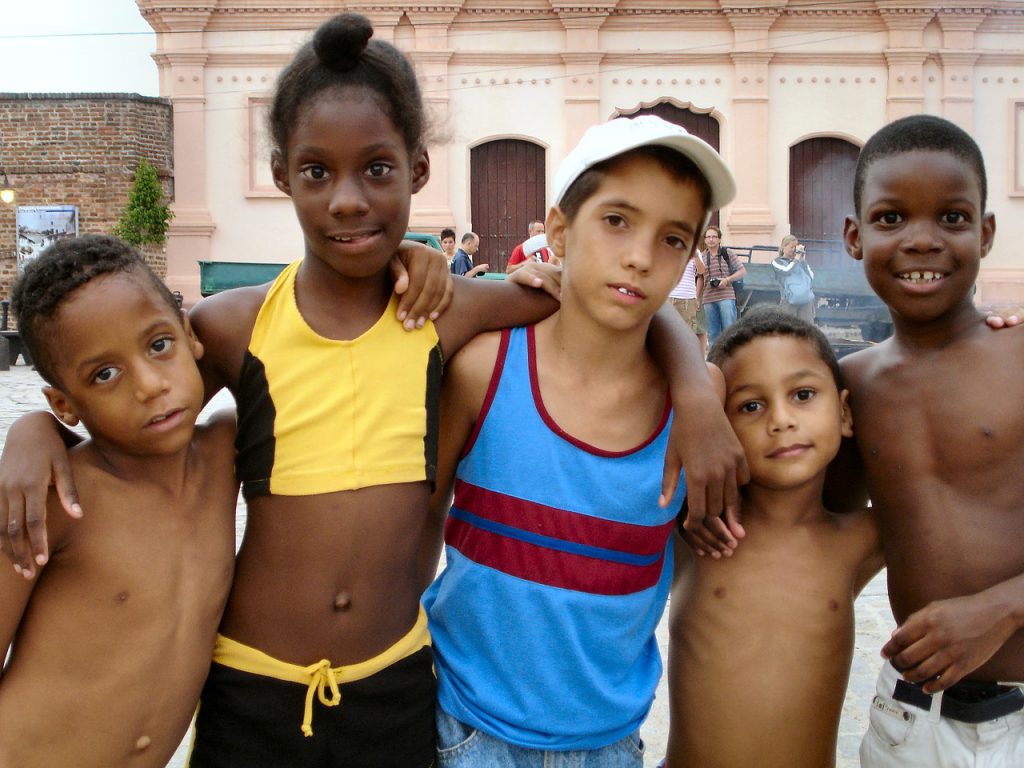Cuba
USCIRF reveals in their report that Cuba’s restrictions on religious freedom has been threatened in light of political changes, notably the newly appointed president, Cuban Communist Party’s Miguel Diaz-Canel, who came to power without an electoral process. One of Diaz-Canel’s first actions as president was to draft a new constitution, one that, according to USCIRF, “changed the provisions on the freedom of religion or belief, including by removing the prior specific references to freedom of conscience and to changing religious belief.” This calls into question whether the right to religious conversion has been preserved or eliminated. Additionally, Cuban authorities have used multiple laws regarding private and public property to crack down on religious buildings, going as far as to close churches completely.
The Office of Religious Affairs has recently annulled numerous religious event permits and permits for construction of churches and temples in later 2019. However, one of the most shocking stories reported by USCIRF was the simultaneous crackdown on religious freedom as well as political expression. When the new constitution was being discussed and drafted, Cuban Reverend Carlos Sebastian Hernandez was extremely vocal about the necessity of religious freedom previsions in the new constitution. Subsequently, he was considered by the government to be a “counter-revolutionary,” and many of his religious peers who were also vocal regarding the situation were subject to lengthy questioning by government authorities.
Pastors and other religious leaders have been repeatedly harassed for various reasons: Pastor Toledano, who had been holding worship sessions on the land where his church stood before it was destroyed by the government in 2016, was an active speaker who was vocal regarding the role of women and children in Cuban society, but he has repeatedly been detained, questioned, and accused of “disobedience.” Such harassment has extended to journalists and activists involved in the promotion and reporting of religious freedom.

Nicaragua
According to USCIRF, the relationship between the Ortega regime and Nicaragua’s Catholic Church took a large hit throughout 2018 amidst the government’s attempts to reform the national pension system. The Church continued to provide shelter and safety for protestors who were targeted and harassed by government authorities, and government harassment eventually extended to the Catholic Church as well. USCIRF states that “Pro-Ortega forces continued to seek to instil fear in Catholic clergy and devotees, including by maintaining a threatening presence near churches,” and by filming churchgoers. Throughout 2019, large mobs of Pro-Ortega individuals often surrounded and even interrupted Catholic masses remembering victims of government repression and violence.
Police forces repeatedly interrogated and detained religious leaders, such as Father Ramón Alcides- who was arrested for his holding of a Mass and thus “disturbing the peace”- and Father Edwin Román who was stopped and harassed at travel checkpoints. Auxiliary Bishop Silvio Báez, who was well known for publicly criticizing the government’s repression of dissenters, had been routinely harassed by both the supporters of the regime and the regime itself. In addition to receiving threats of death and violence from pro-Ortega individuals, Bishop Báez had been framed by the government and falsely accused of wanting to take violent action to dispose of Ortega’s rule.
According to USCIRF, “supporters of the regime have besieged, desecrated, assaulted, and threatened churches in many cities around the country. Police forces often stand by as mobs attack churches and worshippers.” In many attempts to go as far as to stop attendance of church, police forces and government officials have shut off water supply and electricity to the churches, have put up roadblocks, and have even formed a barricade around churches. Perhaps one of the most shocking incidents of religious persecution and desecration of churches occurred when, in response to a group of mothers holding a hunger strike in Managua Cathedral to protest the arbitrary detention of their children by government authorities, an unidentified group of individuals ambushed and ransacked the cathedral in addition to physically assaulting a priest and a nun during their rampage.

